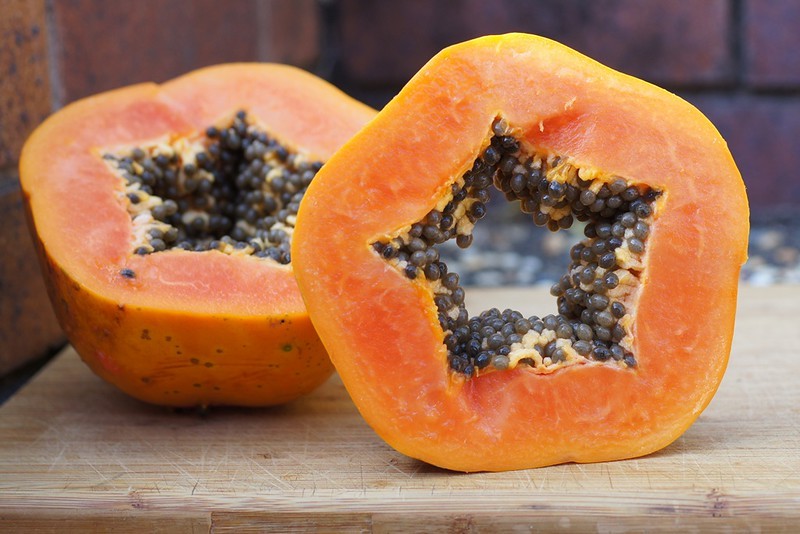While people are often talking about digestion when referring to enzymes, and this connection is totally right, the world of enzymes extends beyond digestion too. An enzyme pioneer, Anthony J. Cichoke, DC, PhD famously coined enzymes as ‘Sparks of Life’. “Enzymes are all around us – in every animal and every plant. In fact, anything that is alive needs enzymes to function”.
Enzymes cause biological reactions in the body - breathing, digestion, growth, reproduction, blood coagulation, healing, combatting disease. They are constantly regenerating, repairing and protecting us (Jamang, 2016)
For further support on this point Dr. Edward Howell, author of Enzyme Nutrition, wrote: “Enzymes are substances that make life possible. They are needed for every chemical reaction that takes place in the human body. No mineral, vitamin, or hormone can do any work without enzymes. Our bodies, all our organs, tissues and cells are run by metabolic enzymes.”
In short, enzymes are integral to our daily existence.
Research is constantly growing our knowledge base on enzymes. A list of possible resources to start with is given below.
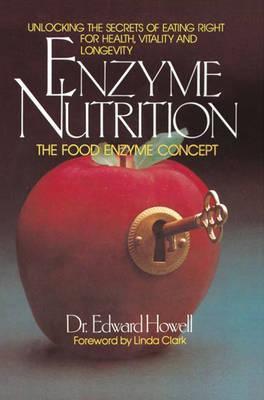
The objective of this small writing is to provide a friendly reminder to those who may already know about enzymes, basic understanding of the importance of enzymes, inspiration for health, and how enzymes might apply to you.
While there are six classes of enzymes in biochemistry and a lot of research to cover, a mental map of three main categories of enzymes can be helpful when considering supplementation and diet: Systemic, Digestive and Food.
Systemic enzymes support every bodily function and act as catalysts for the chemical reactions necessary for life – growth, repair, reproduction, digestion, and metabolism system-wide.
Food enzymes are within whole raw foods. They help us to digest foods but otherwise help ripen or decompose foods.
Digestive enzymes help us break down and absorb food and are produced by the alimentary organs. Including Amylase for carbs/starches, Lipase for fats, protease for proteins.
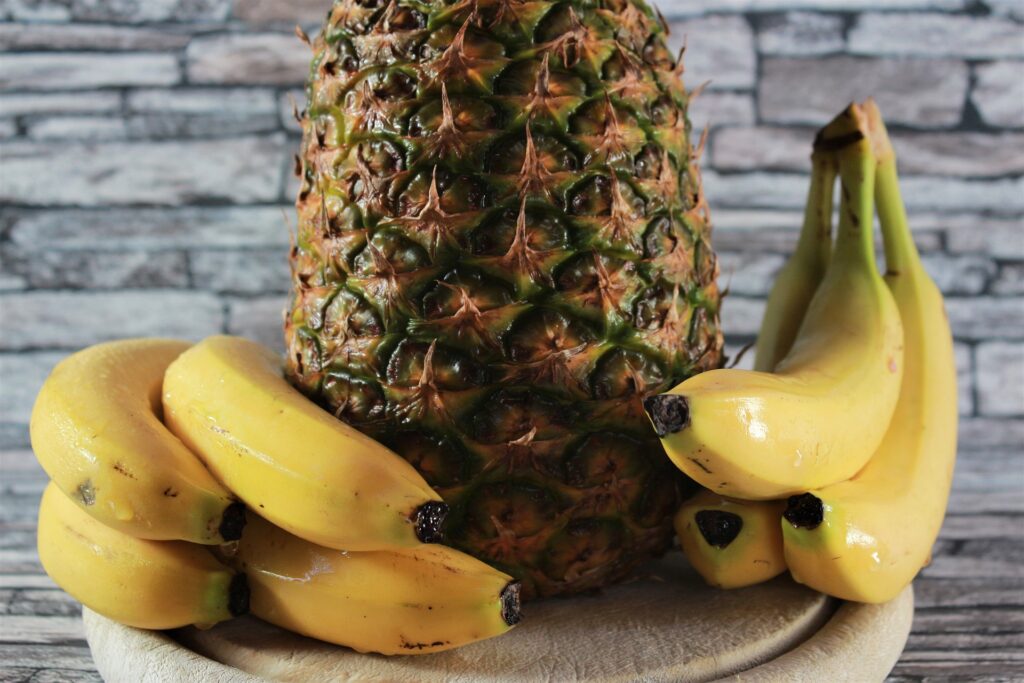
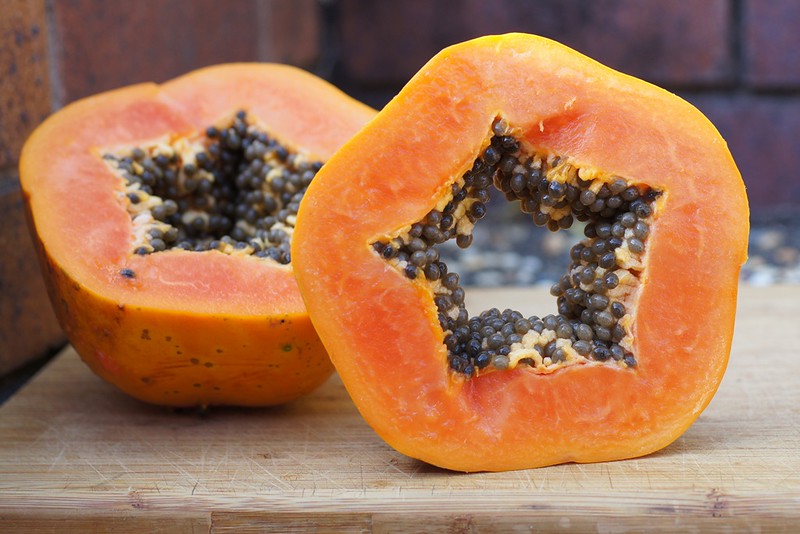
Since healthy bodies produce enzymes, why would we ever supplement with them? The aforementioned Dr. Howell put forth the well-supported concept of enzyme potential: that all living creatures have a fixed enzyme potential that can be used up. The basic premise is if we don’t consume enzymes, we charge our bodies with the task of more secretions of digestive organs and exhaust our enzyme potential which results in “shortened lifespan, illness and lowered resistance to stresses of all types, psychological and environmental”. “Without enzymes, we are more susceptible to diseases, we age more quickly, and our bodies degenerate faster.”
Our enzyme production can become compromised such as the pancreas ceasing production of enzymes necessary to digest and absorb nutrients. We can deplete ourselves or become ‘enzyme deficient’. Since enzymes are an integral part of our bodily functions, including assimilation of nutrients and removing toxins, it makes sense that running out of enzymes can result in degeneration.
Yikes! In a positive light we have access to enzyme rich foods, foods that promote good enzyme health, technology of enzyme supplementation, and continuing research.
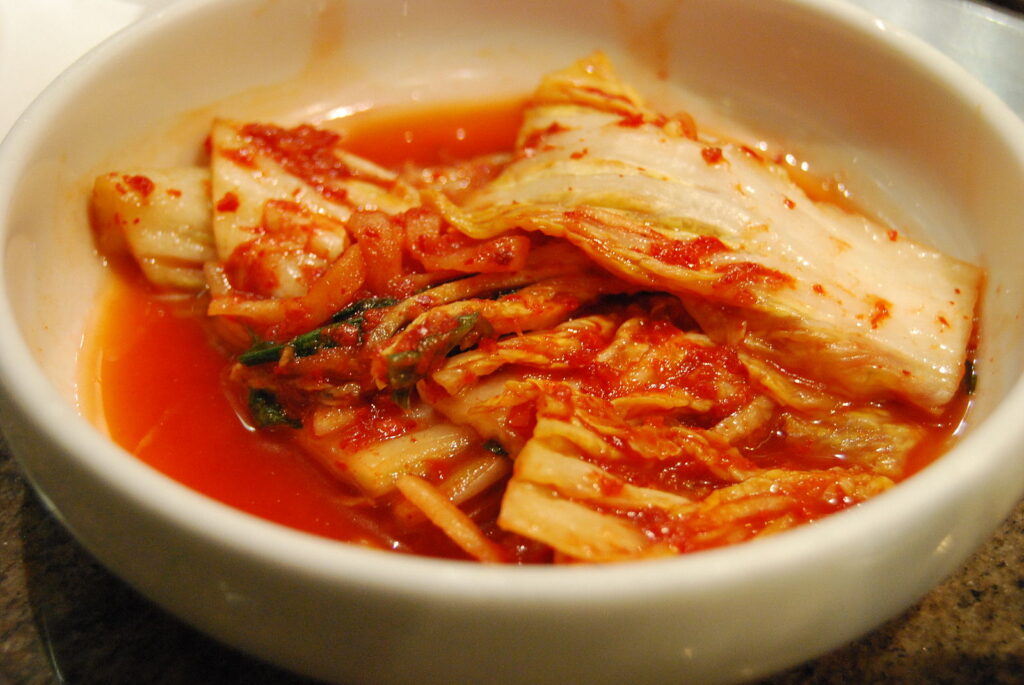

Include a good amount of fresh, living foods into your diet. Why fresh? Many enzymes are destroyed at high temperatures and 118 degrees Fahrenheit is a commonly agreed upon limit. The enzyme loses its shape and becomes none functional when destroyed. Food processing such as canning, freezing, irradiating, and drying can either diminish their viability or destroy them.
Overall, having some ‘living’ foods is a very important part of a cooked meal. Some foods known to be enzyme rich that you may want to focus on are pineapples, bananas, apricots, avocados and papayas.
Fermented food can also be helpful in preserving ‘enzyme potential’ or improving your ‘body’s enzyme status’. In 2016 Frontiers in Microbiology published an article stating that fermenting foods can coax micro-organisms to produce beneficial enzymes. Furthermore, the microorganisms in fermented foods create peptides, which can otherwise be created by your body breaking down proteins into peptide fragments via enzymes (Tamang, 2016)(Rice University). Perhaps fermented foods can save our body the hassle of generating peptides! Fermented foods are known to be great for digestion and aiding nutrient absorption.
If you have trouble getting raw foods in, you might start with sauces, dressings and sides. In traditional cooking there is often a fresh or fermented accompaniment to a meal– think of Indian raw chutney, sauerkraut, miso, tempeh. A nice blender is an ally to quickly making raw recipes!
To take a direct path one can supplement with enzymes. Digestive and Systemic are the two main types of supplements described above. Enzymedica makes the most popular digestive enzyme blends coined ‘Digest Gold’. World Nutrition, who produces the systemic product Vitalzym, advises taking digestive enzymes with food and systemic enzymes on an empty stomach between meals.
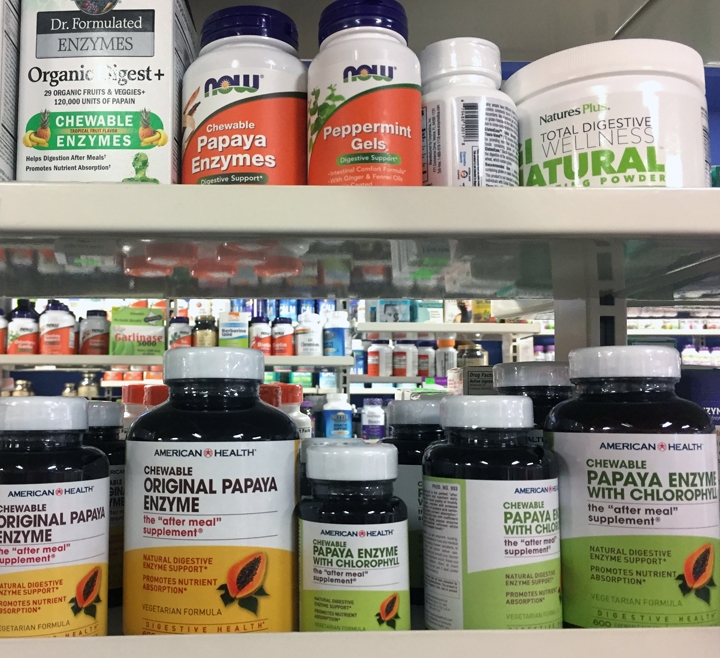
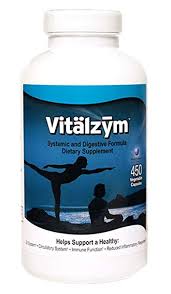

For additional consideration, what we consume, breath in, absorb through the skin, and what we make in our bodies all are all used in some way and enzymes help the body use the product. We might consider what we’re asking our bodies to process – what we consume, surround ourselves with, and put on our skin. Could getting more fresh air, making healthy choices and using more natural health and beauty products all could change the enzymatic activity in the body?
As food for thought there is a lot of potential in ‘superfood’ and ‘tonic herbs’ such as medicinal mushrooms, whose extracts have been used in anti-cancer formulas. For example, Polyozellin isolated from the Korean wild mushroom was found to induce phase 2 detoxifying enzymes with cancer-preventive potential in mouse hepatoma cells (Patel, 2012). How do superfoods and tonic herbs affect our ‘enzyme potential’ and overall health? Further, there are connections found between enzymes and food sensitivities. That’ll be coming up in a future post.
To summarize, in order to promote longevity and good health we can cultivate an awareness of enzymes in general. As a general rule, we can eat fresh, enzyme rich foods including soaked, sprouted and fermented. We can supplement with enzymes. We can pay attention to what we ask our bodies to process.
For quicker further reading online, it can be useful to defer to the people at the forefront of making enzyme supplements. This explanation of enzymes by Enzymedica gives more information on what enzymes are how they work including more categories (Liver, Nucleases, Receptor). They have a lot of great enzyme information on their website. World Nutrition’s page on systemic enzyme therapy is a good read as well. Then you might consider plunging into Dr. Edward Howell’s Energetic Nutrition and Anthony J. Cichoke’s books.
Sources
- Enzymedica Blog bt Cie Dev. (2019, October 30). What are Enzymes? [Blog Post] Retrieved from https://enzymedica.com/blogs/naturaldigestivehealth/what-are-enzymes
- World Nutrition. Systemic Enzyme Therapy. [Web Page] Retrieved from https://worldnutrition.net/systemic-enzyme-therapy-intro/
- Cichoke, Anthony. (2002, July) Enzymes: The Sparks of Life. alive Magazine. Access article at: http://www.encognitive.com/files/Enzymes--The%20Sparks%20of%20Life.pdf
- Benninghoven, Danica. (2019, October 15). List of High Enzyme Foods. Livestrong. [Blog]. Retrieved from: https://www.livestrong.com/article/26805-list-high-enzyme-foods/
- Tamang J, et al. 2016. Functional Properties of Microorganisms in Fermented Foods. Front Microbiol. 7, 578. Retrieved from: https://www.ncbi.nlm.nih.gov/pmc/articles/PMC4844621/
- Rice University. Metabolism and Nutrition. Anatomy and Physiology. 165 24.4 Protein Metabolism. Retrieved from: https://opentextbc.ca/anatomyandphysiology/chapter/24-4-protein-metabolism/
- Patel S, Goyal A. 2012 March. Recent developments in mushrooms as anti-cancer therapeutics: a review. 3 Biotech. 2012 Mar; 2(1): 1–15. Retrieved from: https://www.ncbi.nlm.nih.gov/pmc/articles/PMC3339609/
The information provided on this site is intended for your general knowledge only and is not a substitute for professional medical advice or treatment for specific medical conditions. You should not use this information to diagnose or treat a health problem or disease without consulting with a qualified healthcare provider. Please consult your healthcare provider with any questions or concerns you may have regarding your condition.
